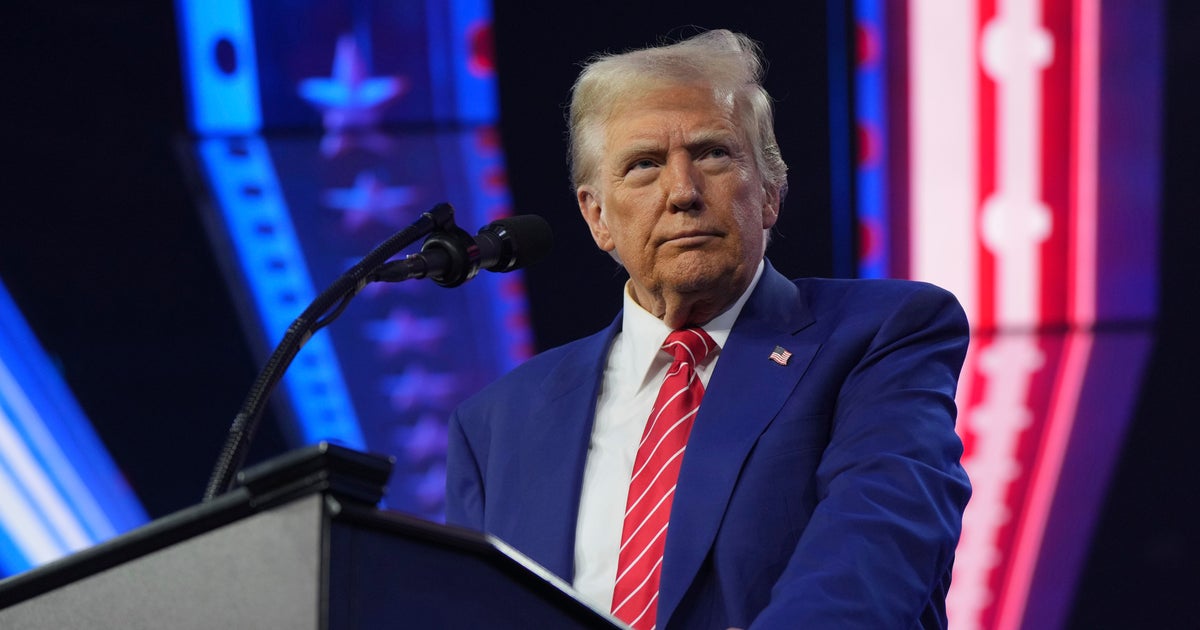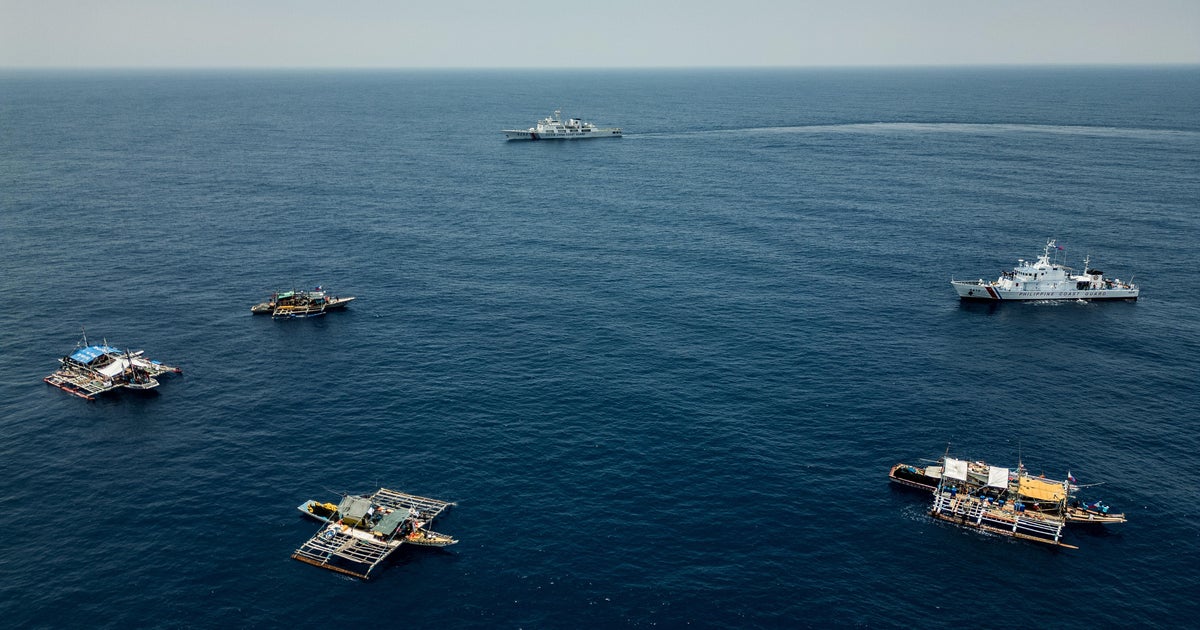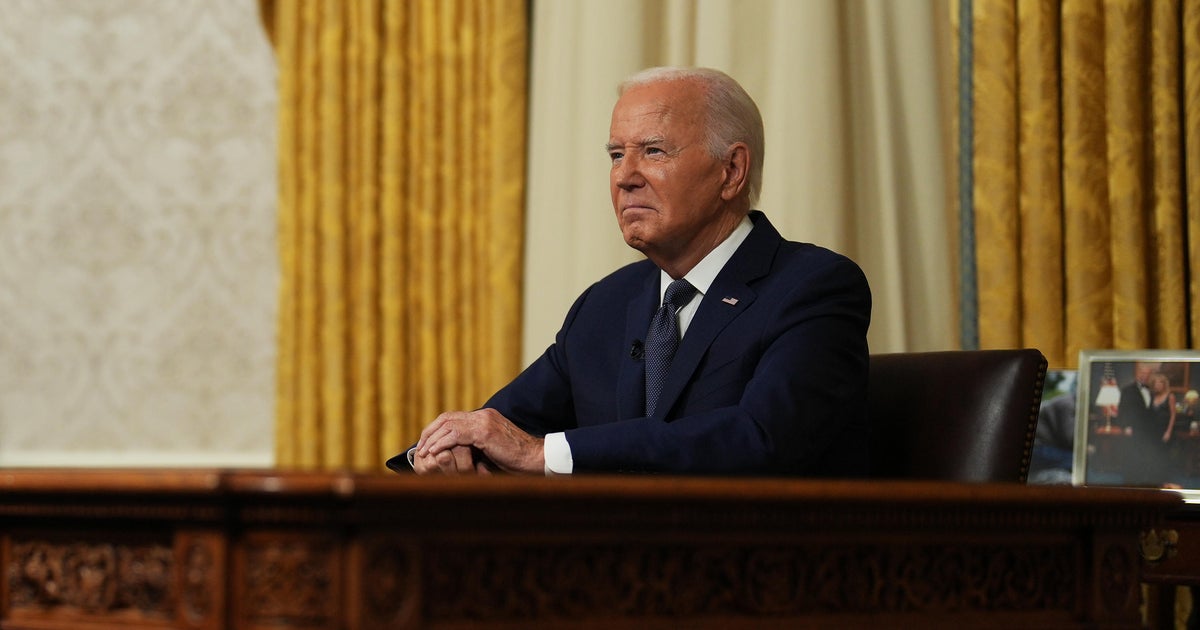Trump: Patience with North Korea is over
President Trump on Friday said patience has "failed" with North Korea, and the time for patience is "over."
"The year of strategic patience with the North Korean regime has failed," Mr. Trump said in a joint statement at the White House Rose Garden with visiting South Korean President Moon Jae-in. "Many years, it has failed. Frankly, that patience is over."
Mr. Trump said the U.S. is working closely with South Korea, Japan and other partners around the globe -- notably leaving out China -- on a "range of diplomatic security and economic measures to protect our allies and our own citizens from this menace known as North Korea." Moon, who is visiting Washington, D.C., for two days, said he and Mr. Trump, "decided to place a top priority" on addressing North Korea. Threats from his northern neighbor, Moon said, will be met with a "stern response."
"President Trump and I agreed that only strong security can bring about genuine peace," Moon said.
The two leaders did not take questions from reporters.
Mr. Trump has also made trade a focus of Moon's visit. Mr. Trump -- standing a few feet from Moon Friday -- disparaged the current trade deal with that nation and said the two agreed to work towards a better agreement, even though the South Korean president lauded the current agreement as recently as Thursday.
Mr. Trump called the current free trade deal with South Korea (KORUS) "not exactly a great deal," and has increased the trade deficit by tens of billions of dollars. Mr. Trump said he and his South Korean counterpart would work towards a level playing field in trading with the U.S. Mr. Trump also called on South Korea to "stop enabling the export of dumped steel" to the U.S. Mr. Trump has called the deal "job killing" in the past.
"Our teams are going to get to work on these issues, and they're going to sign a deal that's great for South Korea and great for the United States," Mr. Trump said.
But only the day before, at a U.S. Chamber of Commerce event, Moon praised the five-year-old trade agreement with the U.S. for "creating jobs." He particularly praised what KORUS has meant for the automotive industry, with many Hyundai and Kia cars now being made in the U.S. At the White House Rose Garden on Friday, Moon did not address any trade discussions with Mr. Trump.
Commerce Secretary Wilbur Ross, in a cabinet meeting earlier Friday, also focused on the "trade imbalance" with South Korea.
"The trade imbalance of South Korea has doubled since the KORUS treaty was put into effect," Ross said, according to the White House press pool report. "And the largest single component of that is automotive trade. That's an absolute majority. There are a lot of non-tariff trade barriers to U.S. exports."
Ross also singled out steel and other products.
"We have a separate problem with oil field tubular goods and other steel products," Ross said. "There is no domestic market for oil field tubular goods in Korea. Everything they make is for export. And we've had recent trade cases demonstrating that a lot of that is dumped Chinese steel coming as hot rolled coil and then coming back to the United States as oilfield tubular goods. So there are a lot of very specific problems, and the way to address is to deal product by product." With what we can do to change the export side and what we can do to reduce the bad import side."



